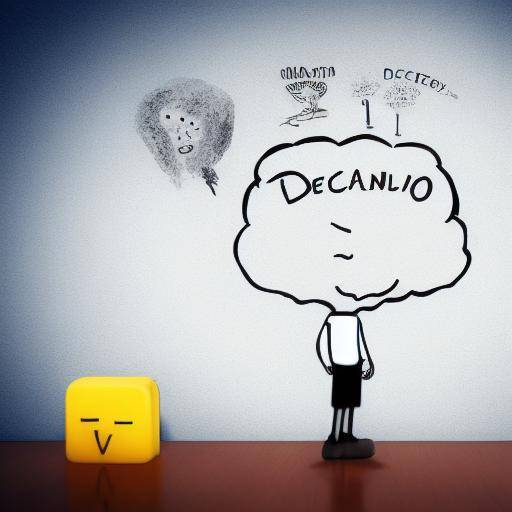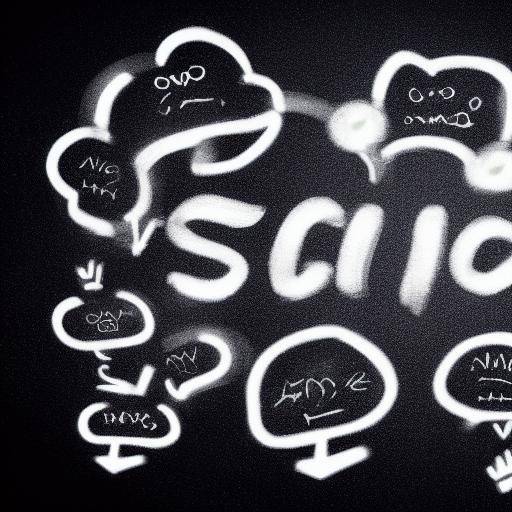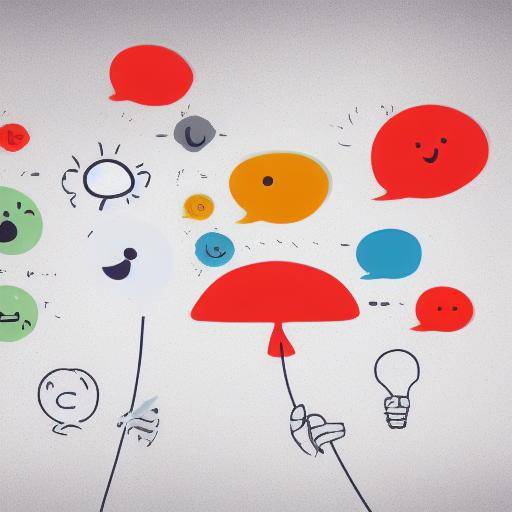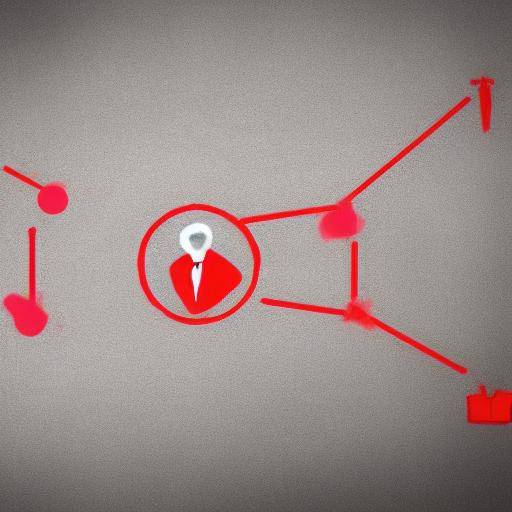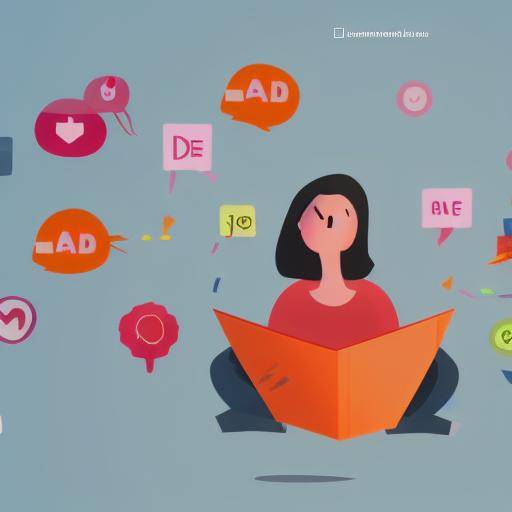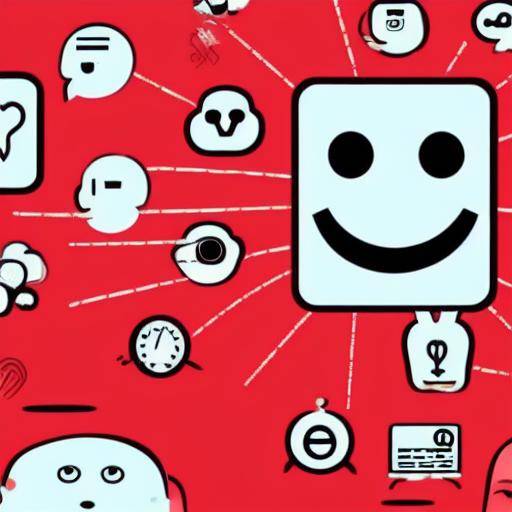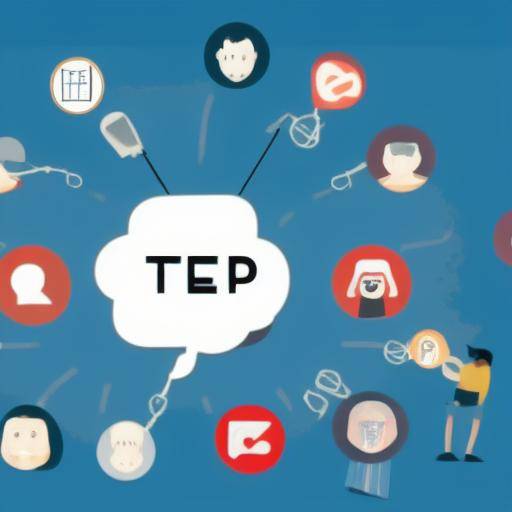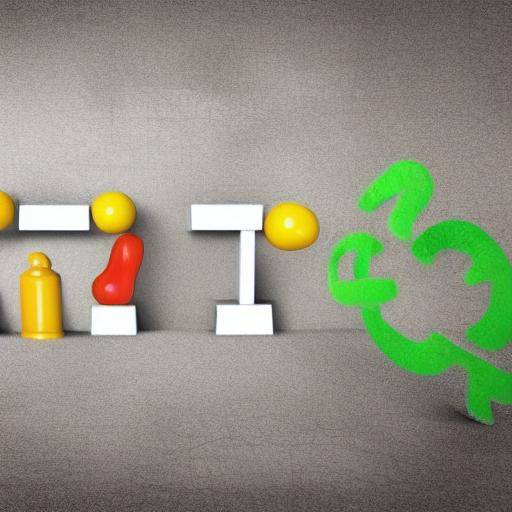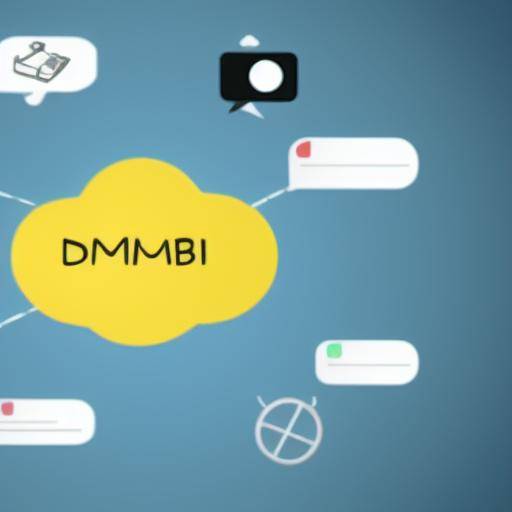
Introduction
Conflict resolution is a crucial aspect in personal and professional life. At times, emotions can hinder the process of solution, making it more complex. Fortunately, emotional intelligence offers an effective approach to addressing these challenges. In this article, we will explore the importance of emotional intelligence in conflict resolution, as well as its impact on interpersonal relationships. You will learn about current historical evolution, benefits, challenges and trends, and how to apply emotional intelligence to improve conflict resolution in various contexts.
History and Background
Emotional intelligence, a concept popularized by psychologist Daniel Goleman in the 1990s, has gained recognition for his influence in managing conflicting situations. However, their origins go back to the pioneering studies on intelligence and emotions. Over the years, it has evolved from an abstract notion to a set of concrete skills that influence the way we address conflicts.
In the 1940s, psychologist David Wechsler introduced the idea of "emotional intelligence" as an integral part of an individual's total cognitive capacity. Since then, there have been significant progress in understanding and applying emotional intelligence in various fields, including conflict resolution. It is essential to understand this evolution to appreciate the importance of integrating emotional intelligence into conflict resolution.
Analysis in Deep
Emotional intelligence plays a key role in conflict resolution, as it allows people to understand and regulate their own emotions, as well as those of others. In developing this skill, empathy, understanding and effective communication are promoted, essential elements for constructively addressing conflicts. The ability to manage emotions in challenging situations facilitates informed decision-making and the search for mutually beneficial solutions.
The benefits of emotional intelligence in conflict resolution are not only limited to the individual sphere, but also impact on interpersonal relationships and the working environment. Addressing conflicts with emotional intelligence can strengthen team cohesion, foster collaboration and improve organizational climate. Organizations are also increasingly recognizing the value of incorporating emotional intelligence into their conflict resolution practices, which promotes more harmonious and productive working environments.
Comprehensive review
By implementing emotional intelligence in conflict resolution, it is essential to consider the challenges that may arise. Often, intense emotions can hinder rationality and hinder effective conflict resolution. However, in developing emotional intelligence skills, it is possible to mitigate these difficulties and enhance human interactions positively.
The integration of emotional intelligence into conflict resolution involves a process of continuous learning and adaptation to the changing dynamics of interpersonal relationships. It is essential to promote an environment that promotes the development of these skills and provides people with the necessary tools to deal with conflicts constructively.
Comparative analysis
Emotional intelligence, conflict resolution and interpersonal relationships are intrinsically related. Emotional intelligence provides the emotional and cognitive basis for effectively addressing conflicts, which in turn strengthens interpersonal relationships. These elements are intertwined, creating a comprehensive framework for understanding and addressing conflicts in a collaborative and respectful manner.
The ability to apply emotional intelligence in conflict resolution varies depending on the context and complexity of situations. However, their positive influence in conflict resolution transcends individual borders, extending to group interactions and even at organizational level. In understanding the similarities and differences between these concepts, it is possible to develop an integrated approach that promotes harmony and collaboration in various environments.
Practical Tips and Accessible Tips
The implementation of emotional intelligence in conflict resolution requires concrete strategies and actions. Some practical tips include:
- Develop emotional self-consciousness, identifying and understanding one's own emotions.
- Practice empathy, striving to understand the perspectives and experiences of others.
- Improve communication skills to clearly and constructively express emotions and ideas.
- Promote a climate of trust and openness that promotes collaborative conflict resolution.
By following these tips and adopting an approach based on emotional intelligence, it is possible to transform conflicts into opportunities for growth and strengthening interpersonal relationships.
Industry Perspectives and Expert Reviews
Experts in psychology, negotiation and leadership have provided valuable insights into the importance of emotional intelligence in conflict resolution. Their opinions highlight the need to develop these skills in various fields, from the working environment to family relations. In addition, they underline the positive influence that emotional intelligence exerts in promoting harmony and productivity.
As the psychologist and author Daniel Goleman points out, "emotional intelligence impacts on every interaction we have, and conflict resolution is a fertile ground to apply and cultivate these skills."
Case Studies and Real Life Applications
Various cases of study have demonstrated the positive impact of emotional intelligence on conflict resolution. From working situations to interpersonal conflicts, common patterns have been identified that highlight the effectiveness of applying emotional intelligence strategies. These cases provide overwhelming evidence of how the development of emotional intelligence can transform challenging conflicts into opportunities for growth and learning.
Future Trends and Predictions
As awareness of the importance of emotional intelligence in conflict resolution continues to grow, its integration is expected to become a standard practice in various spheres of society. Current trends point to a greater assessment of soft and emotional skills in the field of work and education, which encourages greater adoption of emotional intelligence to effectively address conflicts.
Conclusion
Emotional intelligence plays a key role in conflict resolution, strengthening interpersonal relationships and promoting collaborative environments. In understanding its historical evolution, benefits and challenges, as well as exploring its practical applications, it is possible to take advantage of its transformative potential in conflict management. By integrating emotional intelligence into conflict resolution, we open the door to greater understanding, empathy and harmony in our human interactions.
Frequently asked questions
**How does emotional intelligence influence conflict resolution?**Emotional intelligence influences conflict resolution by promoting understanding and regulation of emotions, facilitating effective communication and informed decision-making.
**What are the benefits of applying emotional intelligence in conflict resolution at the job level?**Applying emotional intelligence in conflict resolution at the job level can strengthen team cohesion, improve organizational climate and promote a more harmonious and productive working environment.
**How can emotional intelligence be developed to improve conflict resolution in the family environment? The development of emotional intelligence implies the increase of self-consciousness, self-regulation, empathy, social skill and self-motivation. These skills can be applied to improve communication, understand family dynamics and address conflicts constructively.
**What are the challenges in applying emotional intelligence in conflict resolution?**Some challenges include managing intense emotions, overcoming personal biases and the need to develop effective communication skills in challenging situations.
**What are some practical strategies to apply emotional intelligence in conflict resolution?**The development of self-consciousness, the practice of active listening, the promotion of empathy, the constructive management of conflicts and the promotion of a climate of trust are practical strategies to apply emotional intelligence in conflict resolution.
**What is the influence of emotional intelligence in managing conflicts at the organizational level?**Emotional intelligence influences conflict management at the organizational level by promoting collaboration, assertive decision-making and a positive working environment, which impacts on employee productivity and well-being.
In conclusion, emotional intelligence plays a crucial role in conflict resolution, positively influencing interpersonal relationships and promoting collaborative environments at both personal and professional levels. In understanding its historical evolution, benefits, challenges and current trends, it is possible to effectively integrate emotional intelligence into conflict resolution, transforming challenges into opportunities for growth and strengthening human relations.









